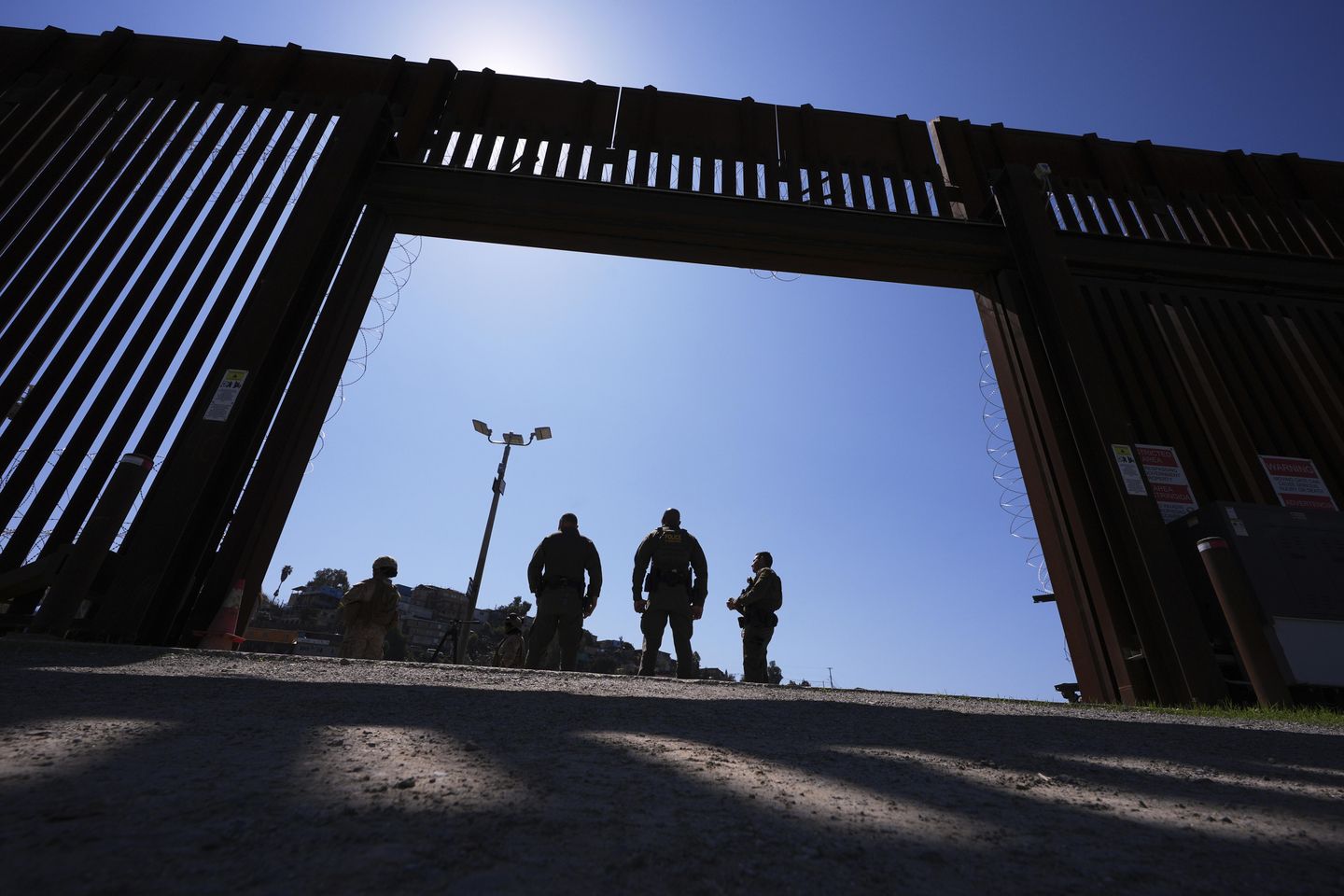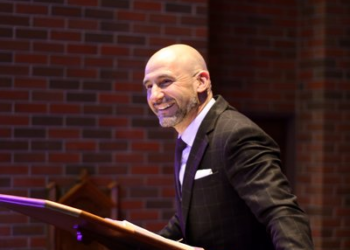
A federal judge on Monday ordered Homeland Security to keep in place a deportation amnesty for 350,000 Venezuelan migrants who were about to lose their status, saying the Trump administration seemed to be acting on “negative stereotypes.”
U.S. District Judge Edward Chen, an Obama appointee to the court in California, said DHS Secretary Kristi Noem likely broke the law when she canceled Temporary Protected Status for the Venezuelans.
He said her reasoning was “entirely lacking in evidentiary support” and shouldn’t stand.
Judge Chen also ruled that the migrants stand to lose too much if they are ousted, so he ordered the government to postpone the end of TPS for those Venezuelans.
He took a particular swipe against President Trump’s “America First” slogan, saying the fact that he and Ms. Noem have used it to justify their policies showed an “unconstitutional animus” toward migrants.
“The unprecedented action of vacating existing TPS (a step never taken by any previous administration in the 35 years of the TPS program), initiated just three days after Secretary Noem took office, reverses actions taken by the Biden administration to extend temporary protection of Venezuelan nationals that have been in place since 2021,” the judge scolded.
His ruling blesses one of the Biden administration’s attempts to “Trump-proof” the immigration system.
TPS is supposed to be a short-term bridge for countries facing natural disasters, epidemics, war or political unrest. It means citizens of those countries aren’t forced to return home to chaos, and it gives the countries space to recover without having to see an influx of people.
Those granted TPS are protected from deportation and given the chance to compete for jobs. They can also claim some taxpayer-funded benefits.
The Biden administration vastly expanded its use, going from about 300,000 people protected in early 2021 to nearly 1.1 million people as of December.
Venezuela was added in 2021, and the Biden administration has renewed and expanded it multiple times, eventually covering 600,000 people.
Then, in a last-minute effort and well before the deadline, former Secretary Alejandro Mayorkas, extended TPS one last time for Venezuelans, hoping to lock in the special status for at least 18 more months, denying Ms. Noem the chance to act.
Ms. Noem acted anyway, first reversing Mr. Mayorkas’ extension and then outright revoking the TPS itself. That left some 350,000 Venezuelans poised to lose their work permits and deportation protections within a week.
Judge Chen said neither action appears consistent with the law.
Trump officials argue that conditions in Venezuela no longer deserve TPS and, worse yet, it has allowed some dangerous individuals including members of Tren de Aragua, a gang, to infiltrate the U.S.
Judge Chen rejected those claims in his ruling Monday, saying the government hasn’t shown that TdA members did claim TPS. Indeed, he questioned the government’s assertions that the gang is an organized and dangerous presence here.
One of the plaintiffs, identified in court documents by initials M.H., said she was “beyond elated” to get the reprieve.
“My daughter and I rely on TPS to live here. Without TPS, I would risk being separated from my husband and young son, both of whom are U.S. citizens,” she said.
While temporary is in the name, the program has often proved anything but.
The oldest designations are for Honduras and Nicaragua, and date back to 1998. They cover about 60,000 people. El Salvador has been under a TPS designation since 2001, with roughly 174,000 people covered.
Mr. Trump tried to end those designations during his first term but was met with resistance in federal courts who, like Judge Chen now, said Mr. Trump acted out of illegal animus and ill-considered decision-making.
Curiously, it was Mr. Trump who first granted a special status to Venezuelans, acting in 2021, just a day before he left office. He flexed what’s known as Deferred Enforced Departure, a presidential declaration similar to TPS.
The Biden administration converted that into TPS later that spring.






![Trump's Admin Guts Another ‘Rogue Government Agency with Zero Accountability’ [WATCH]](https://www.right2024.com/wp-content/uploads/2025/03/Trumps-Admin-Guts-Another-‘Rogue-Government-Agency-with-Zero-Accountability-350x250.jpg)
![‘We All Owe Him (Elon) a Huge Debt of Gratitude’ [WATCH]](https://www.right2024.com/wp-content/uploads/2025/03/‘We-All-Owe-Him-Elon-a-Huge-Debt-of-Gratitude-350x250.jpg)









